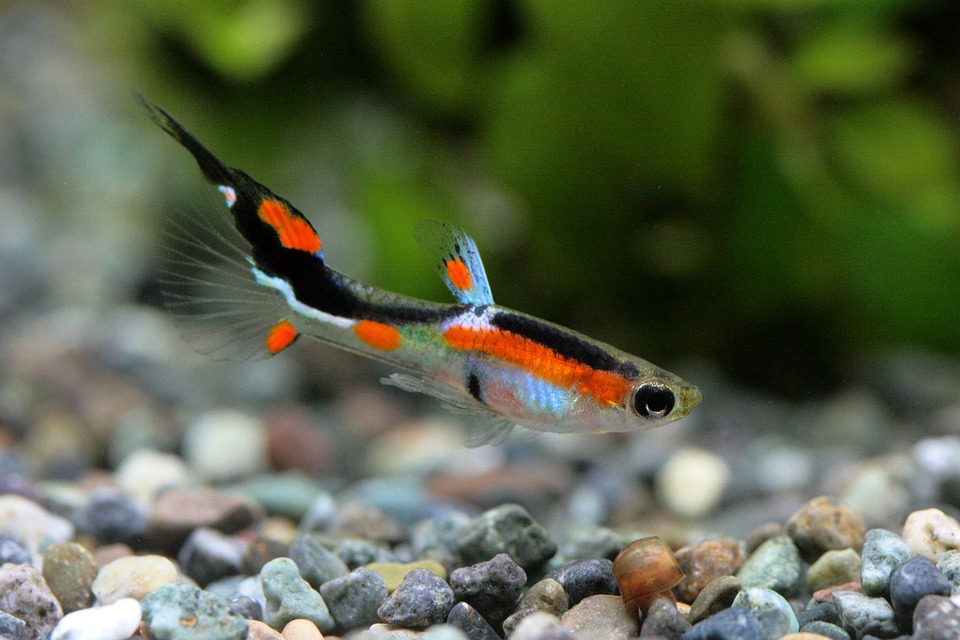The Adriatic Sea, once a source of livelihood and leisure for residents of Fano, a coastal town in Italy’s central Marche region, is undergoing significant changes due to global heating. Daniele Montini and his wife, Alfreda, partake in a daily ritual of walking in the shallow waters of the Adriatic Sea, a practice recommended by doctors to stimulate blood circulation and maintain a healthy respiratory system by breathing in the salty air. However, their familiar routine is now accompanied by noticeable alterations in the sea’s temperature and ecosystem.
As the couple strolls along the shore, they remark on the unusually warm sea, with temperatures reaching a record 30C on several days in July along Italy’s Adriatic coastline. Daniele recalls a time when the sea was wavier and more dynamic, contrasting it with the current flatness of the water. Alfreda notes changes in the quantity and species of fish, with some species disappearing altogether. Additionally, the sea’s heat and weak currents have led to the proliferation of mucilage, a thick, slimy substance formed of microalgae that accumulates on the seabed or surface.
The mucilage, unique to the Adriatic on the Italian side, poses challenges for fishermen like Alessandro Ciavaglia, who describes how it hampers fishing activities by clogging nets and causing engine problems. While most fish can escape the mucilage, shellfish like clams are at risk of suffocation. The warmer Adriatic waters have also seen an increase in blue crabs, further impacting the ecosystem and fishing industry.
Fishermen along the coast, such as Andrea Bacchiani in Cattolica and Luca Cavallieri in Pesaro, express concerns about the changing sea conditions affecting their livelihoods. The high sea temperatures and proliferation of mucilage have made fishing increasingly difficult, leading to financial struggles and reduced catches. Fishing associations in affected regions have called for government intervention to declare a state of emergency and implement policies to support fishers during these challenging times.
Historical records show that mucilage sightings in the Adriatic date back to the 17th century, with recent significant appearances since 1989. Experts warn of the alarming implications of climatic changes on the sea’s ecosystem and fishing industry. Marine biologist Roberto Danovaro highlights the depletion of the Adriatic, noting decreased nutrient intake and the impact of heatwaves on marine life.
Despite efforts to monitor and address the changing conditions, the Adriatic Sea continues to face challenges as it transforms into a warmer, less productive environment. As sea temperatures rise and mucilage proliferates, the future of the Adriatic’s ecosystem and fishing industry remains uncertain. The need for sustainable practices and government support is crucial to mitigate the effects of global heating on this vital marine ecosystem.





